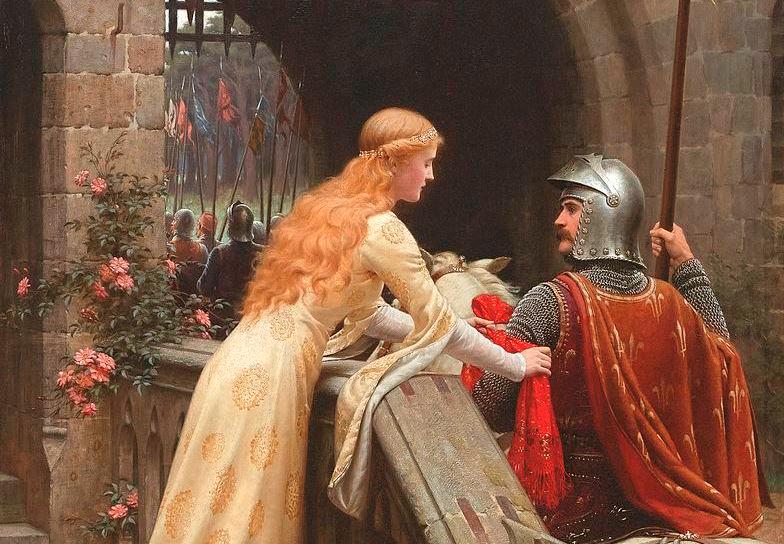Chivalry.
The word summons up different images and meanings for us. Some imagine King Arthur, Sir Galahad, and the other Knights of the Round Table. Some may envision a Victorian gentleman defending a lady’s honor against the insults of a cad. Others may find themselves thinking of men holding a door open for women or drawing out her chair in a restaurant.






